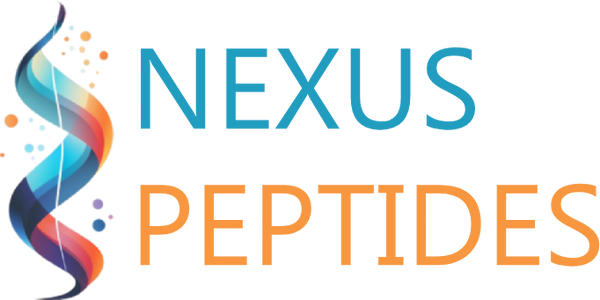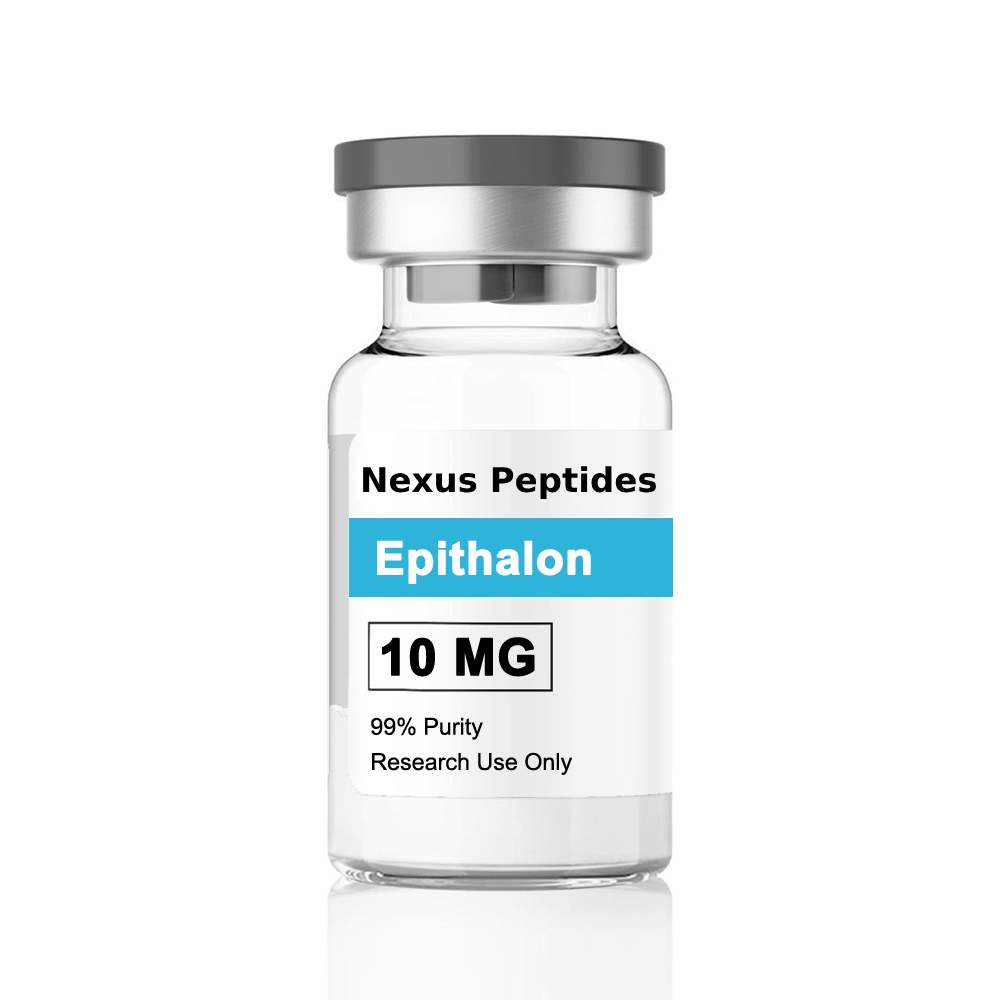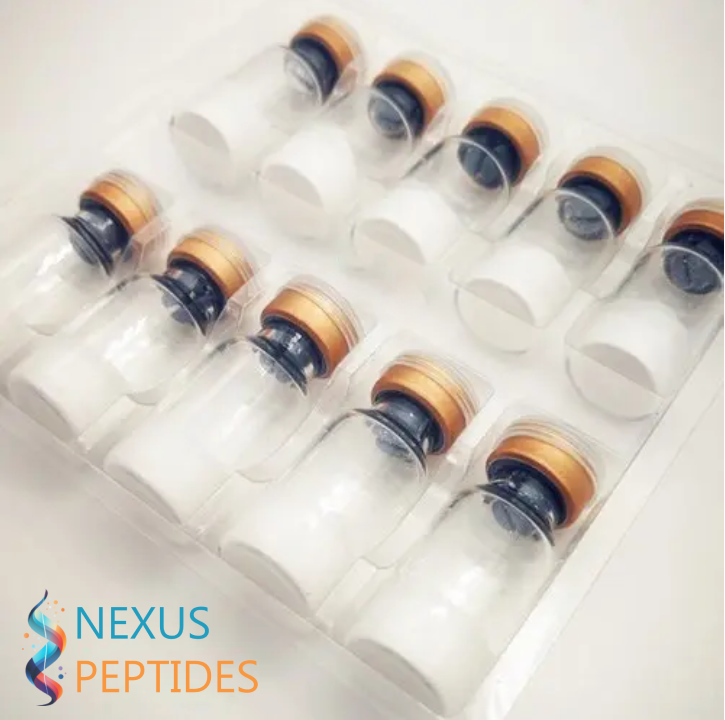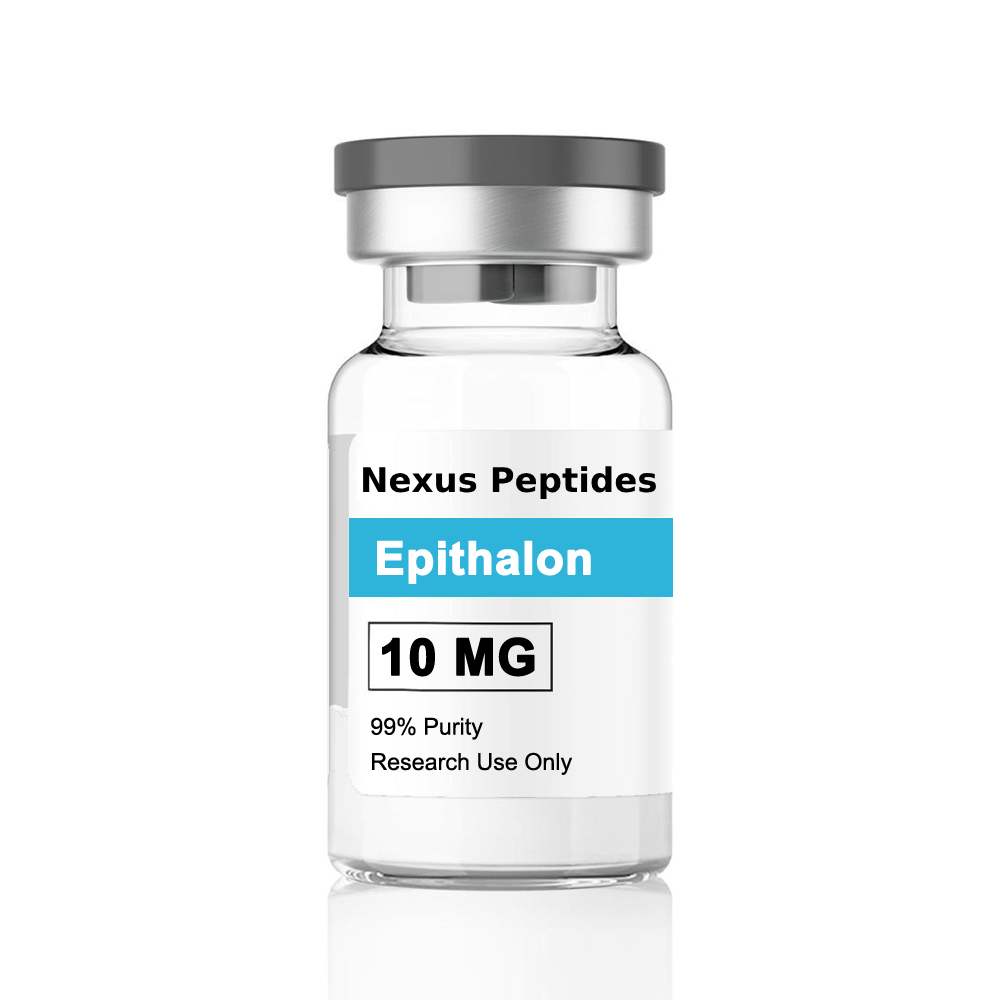
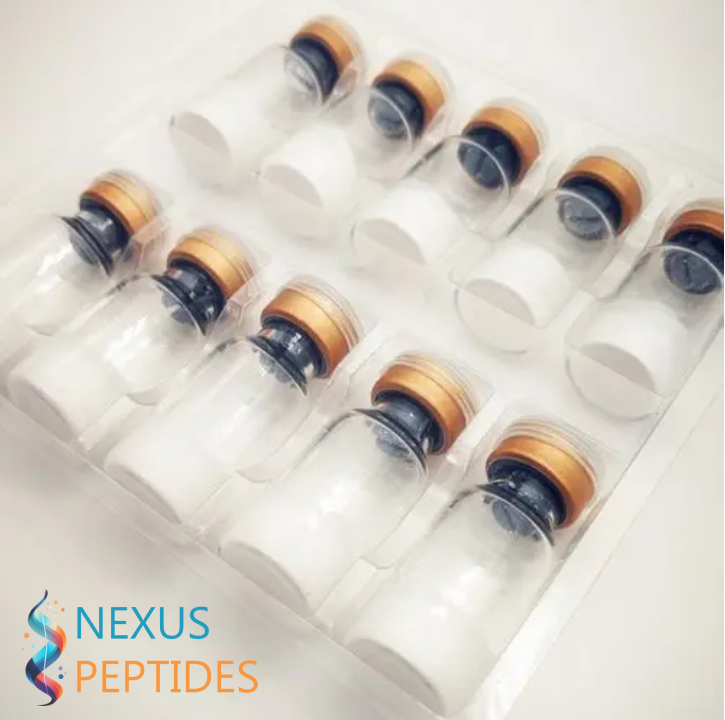
Product Description: Epithalon
Introduction:
Epithalon is a synthetic peptide that has attracted the attention of researchers due to its potential role in cellular biology, particularly in relation to aging and cell regeneration. As a laboratory-grade peptide, Epithalon is primarily used for scientific investigation into its molecular mechanisms and interactions with biological systems. Researchers have explored its potential effects on cellular health, gene expression, and overall biological processes, though its full range of effects remains an area of ongoing study. Epithalon is available for research purposes only and should be handled by professionals within regulated laboratory environments.
What is Epithalon?
Epithalon, also known as epitalon or epithalamin, is a synthetic peptide composed of four amino acids. It was first synthesized by Russian researchers in the 1980s and has since been the subject of various studies aimed at understanding its potential biological activities. Epithalon is a derivative of the naturally occurring peptide epithalamin, which is found in the pineal gland. This peptide has garnered attention primarily due to its association with cellular processes related to aging and longevity, though further research is necessary to fully understand its biological functions.
Epithalon’s primary focus in research has been on its potential to influence various biochemical pathways related to cell function, growth, and the overall regulation of cellular activities. However, it is important to note that these potential effects are still under investigation, and much more research is needed to clarify its mechanisms of action and broader implications.
Potential Different Names:
- Epithalon
- Epitalon
- Epithalamin
- Tetrapeptide
- Pineal peptide
Chemical Formula:
- Chemical Formula: C14H22N4O9
Structure:
Epithalon is a tetrapeptide composed of four amino acids, specifically: Ala-Glu-Asp-Gly. The peptide sequence allows Epithalon to interact with specific receptors and molecular pathways involved in cell signaling. The structure of Epithalon is relatively simple, with a linear arrangement of amino acids that contribute to its functional properties in biochemical studies.
The simplicity of Epithalon's structure has made it a subject of interest for researchers investigating how small peptides can affect cellular mechanisms and gene expression. Despite its small size, Epithalon's interaction with cellular processes is thought to have potential implications for studies related to cellular regeneration and longevity, though these effects are still being explored.
How Does It Work?
Epithalon’s exact mechanisms of action are still being investigated, but it is believed to interact with various cellular processes. Researchers have speculated that Epithalon may influence the activity of telomerase, an enzyme involved in maintaining the length of telomeres, which are the protective caps at the ends of chromosomes. The shortening of telomeres has been linked to cellular aging and the eventual death of cells. By potentially influencing telomerase activity, Epithalon could have an impact on the rate of telomere shortening, though the full extent of this interaction remains uncertain.
In addition to its potential role in telomere biology, Epithalon may also affect gene expression and the regulation of specific enzymes and proteins involved in cellular repair and maintenance. It is important to note that these mechanisms have not been fully elucidated, and much of the research on Epithalon is still in the preclinical or exploratory phase.
Conclusion:
Epithalon is a synthetic peptide that has garnered attention from researchers due to its potential involvement in cellular regeneration and the regulation of biological processes related to aging. Though it is derived from a naturally occurring peptide, its exact mechanisms and broad applications in cellular health are still under scientific investigation. As with any peptide, it is essential to approach its use in research with proper laboratory protocols and under controlled conditions.
Disclaimer:
Epithalon is intended for research purposes only and should not be used for human consumption or outside of regulated laboratory settings. This peptide should only be handled by qualified professionals who are experienced in peptide research. Any use of Epithalon outside of professional and controlled environments is prohibited. All research should adhere to applicable laws, safety guidelines, and ethical standards.
